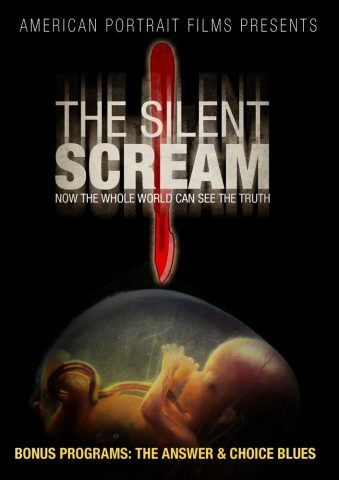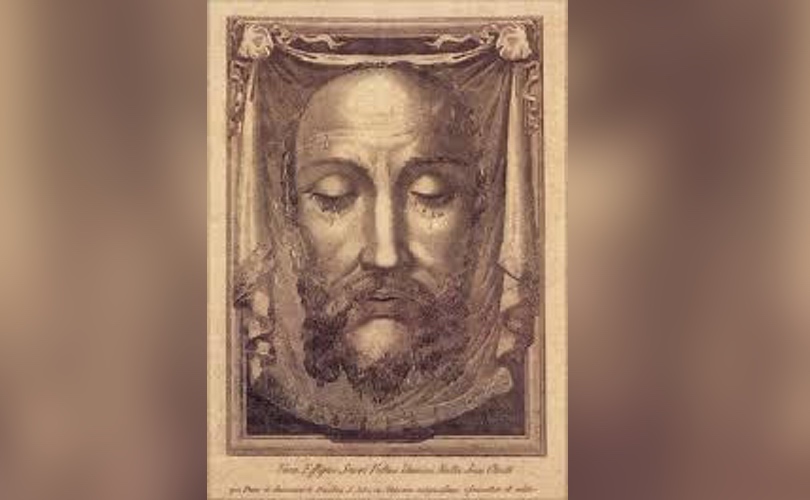By John M. Grondelski, The Catholic Thing, Jan. 24, 2025
John Grondelski (Ph.D., Fordham) is a former associate dean of the School of Theology, Seton Hall University, South Orange, New Jersey. All views herein are exclusively his.
 As the Pro-Life March takes place in Washington D.C. today, it’s good to remember that January 22, 2025 was the 52ndanniversary of Roe v. Wade, the U.S. Supreme Court decision imposing abortion-on-demand through birth on all the states. Roe was the 20th century’s equivalent of the Dred Scott decision. In 1857, the Supreme Court said Dred Scott – a black man taken by his owner to Illinois – could not be free because he was not a “person” and was thus subject to whatever choice his master made. In 1973, the Supreme Court said unborn children were not “persons” and thus subject to whatever choice their mothers made.
As the Pro-Life March takes place in Washington D.C. today, it’s good to remember that January 22, 2025 was the 52ndanniversary of Roe v. Wade, the U.S. Supreme Court decision imposing abortion-on-demand through birth on all the states. Roe was the 20th century’s equivalent of the Dred Scott decision. In 1857, the Supreme Court said Dred Scott – a black man taken by his owner to Illinois – could not be free because he was not a “person” and was thus subject to whatever choice his master made. In 1973, the Supreme Court said unborn children were not “persons” and thus subject to whatever choice their mothers made.
Both judicial abominations have now found their way into the ashcan of history: Roe by reversal in Dobbs, Dred Scott through enactment of the 13th and 14th Amendments. The 14th Amendment put to rest the question of whether slaves were persons and citizens by stipulating that being born in the United States made you a citizen – and entitled to be protected against deprivation of life without due process of law. …







